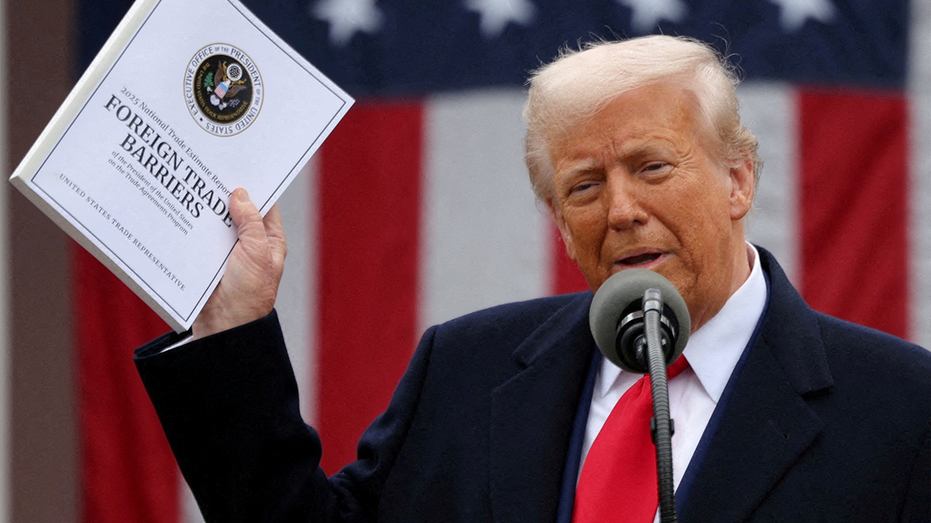Blue State Faces Heated Budget Debate Over Rising Healthcare Costs Due to Illegal Immigrant Population
California's Medi-Cal teeters on insolvency as $12 billion shortfall sparks partisan blame over illegal immigrant enrollments.

California's Republican minority leaders are intensifying criticism of the state's Medi-Cal program as budget negotiations continue in Sacramento, with an estimated $12 billion deficit looming over fiscal talks. Their concerns center on the recent insolvency of Medi-Cal, California’s public health insurance system for low-income residents, which earlier this year required $3.44 billion in emergency loans to remain solvent.
A key debate has emerged around the program's policy of allowing individuals to enroll regardless of immigration status—a move that, according to Republicans, has played a substantial role in driving up costs. State Senate Minority Leader Brian Jones argued that providing free health care to undocumented immigrants totals approximately $11.4 billion annually. “If we just didn't do that, that would eliminate our budget deficit,” Jones said. He added, however, that there are also other avenues to address the shortfall.
Governor Gavin Newsom has acknowledged that increased enrollment among undocumented residents is part of the budget challenge but insists it is not the sole cause. In response to mounting financial pressure, Newsom’s May budget revision proposed freezing new adult enrollments into full-scope Medi-Cal coverage and introducing a $100 monthly premium for certain enrollees. Newsom administration spokesperson Elana Ross attributed the fiscal crunch to broader factors, including what she called a "$16 billion Trump Slump" and higher-than-anticipated healthcare utilization rates.
“Because of these outside factors, the state must take difficult but necessary steps to ensure fiscal stability and preserve the long-term viability of Medi-Cal for all Californians,” Ross said in a statement. She emphasized the governor’s commitment to maintaining basic health care access for residents.
The proposed changes have drawn criticism and sparked alternative suggestions from within the Democratic ranks as well. The California Legislative Latino Caucus has floated the idea of raising taxes to offset the cost of covering undocumented immigrants, while questions remain about whether imposing a $100 premium would meaningfully reduce the program’s financial burden or lead individuals to leave Medi-Cal.
Senator Jones, meanwhile, challenged the effectiveness of the coverage offered, claiming, “The governor and the Democrat leadership are promising illegal immigrants coverage, and they are on the rolls, but there's very little access.” He cited a decline in California doctors who accept Medicaid and Medicare patients due to low reimbursement rates, resulting in many providers leaving the program or the state entirely.
Assembly Minority Leader James Gallagher echoed these concerns, calling the budget shortfall “a total disaster” that was “completely predictable.” He placed blame on previous decisions to expand Medi-Cal eligibility to undocumented immigrants, arguing, “We had no idea how many people would come across the border and sign up. Now we have a completely unsustainable, bankrupted Medi-Cal system that's required $3.4 billion worth of loans to prop up.”
On the federal front, a pending reconciliation bill passed by the House of Representatives could worsen California’s dilemma by reducing the federal funding “match” for non-emergency care from 90% to 80%. The Newsom administration estimates this change could cost the state additional billions. Governor Newsom warned, “If Republicans move this extreme MAGA proposal forward, millions will lose coverage, hospitals will close, and safety nets could collapse under the weight.”
As lawmakers search for solutions, Medi-Cal’s future hangs in the balance with both its fiscal sustainability and its role as California’s primary safety net under intense scrutiny from across the political spectrum.




